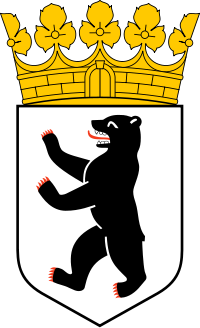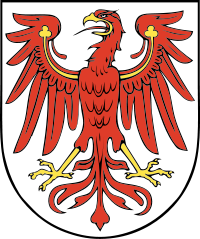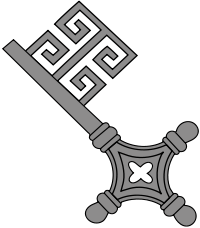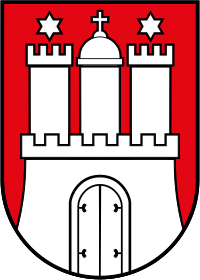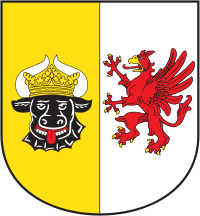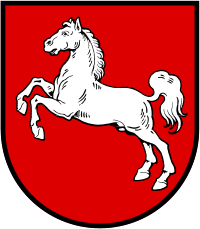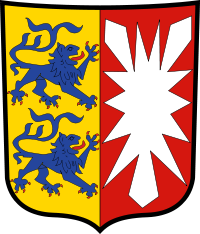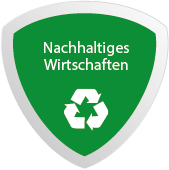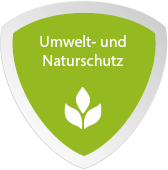Die nachfolgenden Inhalte stammen aus dem Kooperationsprogramm "Interreg Baltic Sea Region" (Version 1.2).
Kurzbeschreibung
Enhancing the institutional capacity of public and private actors to jointly develop and implement water management strategies and measures for the improved state of the Baltic Sea as well as the regional inland and ground waters.
Förderziel
Increase the efficiency of water management for reduced nutrient inflows and decreased discharges of hazardous substances to the Baltic Sea and the regional waters based on enhanced capacity of public and private actors dealing with water quality issues.
Fördergegenstände
Demonstrations-, Modell- und Pilotvorhaben, Management, Verwaltung, Monitoring, Evaluierung, Strategieentwicklung, Konzept-, Teilkonzepterstellung, Vernetzung, Kooperation
Zuwendungsempfänger
- Public authorities/institutions responsible for water management at national, regional and local level as well as associations of these authorities.
- Intergovernmental organisations (e.g. HELCOM, VASAB).
- Environmental protection agencies and environmental associations.
- Waste water treatment facilities.
- Authorities from specific sectors having an impact on the water quality (e.g. agriculture, forestry, fisheries, responsible for coastal spatial planning and contingency planning and response, etc.).
- Non-governmental organisations (environmental, water protection, farming, pharmaceuticals, etc.).
- Enterprises.
- Academic and research institutions.
Förderfähige Gebietskulisse
Berlin, Brandenburg, Bremen, Hamburg, Mecklenburg-Vorpommern, Lüneburg und Schleswig-Holstein.
Kooperationsmöglichkeiten bestehen mit folgenden Staaten: Belarus, Norwegen, Dänemark, Polen, Russland, Schweden.
Eligible are actors in the whole area of the Baltic Sea, coastal waters, as well as the whole drainage area in the Baltic Sea Region (BSR). The programme provides space for cooperation with actors located outside the formal borders of the BSR to strengthen already established networks.
Achtung: Bitte prüfen Sie im Kooperationsprogramm (CP) welche Teilräume der Staaten förderfähig sind.
Art der Unterstützung
Non-repayable grant
Beschreibung
Examples of actions:
- Developing and implementing integrated action plans to protect the Baltic Sea and regional inland waters, taking into account stricter targets set in intergovernmental commitments (e.g. HELCOM Baltic Sea action plan).
- Piloting a cross-sectoral policy-oriented dialogue among actors that deal with water quality issues (e.g. public administrations, water management, agriculture, aquaculture, forestry, biodiversity, technology producers).
- Developing regional strategies for integrated monitoring, management and coordination of nutrient fluxes as well as hazardous substances, including the Baltic Sea Region (BSR) wide nutrient and hazardous substances management strategies covering open, coastal and inland waters.
- Developing and testing sector-based management models (e.g. in agriculture, forestry, etc.), also addressing the biodiversity protection.
- Developing and implementing regional strategies on climate change adaption.
- Developing and introducing strategies and measures to address the threats posed by underwater chemical munitions and other warfare agents.
- Introducing advanced/innovative measures for economically feasible and environmentally sustainable recycling, recovery and reduction of nutrients and hazardous substances, including pilot investments, and institutionalising the measure in daily practice of relevant institutions dealing with the water quality issues (including green technologies, up-steam solutions and nutrient uptake at sea, nutrient trade schemes).
- Improving existing water management monitoring and reporting systems, used for decision-making with a focus on consistency and comparability of data among countries in the BSR.
- Integrating coastal spatial planning with contingency planning.
- Planning and implementing training throughout the Baltic Sea Region based on good practices on decreasing nutrient and hazardous substances release, recycling and removal of nutrients and hazardous substances from point sources (e.g. in waste water treatment plants, sewage facilities or industries) and diffuse sources (e.g. from agricultural lands, fisheries or forestry) as well as decreasing hazardous substances.
- Developing innovative ecosystem service compensation schemes for nutrient reduction and uptake.
- Developing and testing a methodology for valuation of ecosystem services and establishing effective compensation schemes.
The proposals shall consider how they can improve regional performance in the important economic sectors for the Baltic Sea region (e.g. wastewater management and its links to the energy sector through analysing the sludge potential, sustainable agriculture to increase food production, etc.).
Hinweis: Weitere förderrelevante Informationen zur Maßnahme finden Sie im Cooperation Programme, S. 44-47.
Zielgruppe
Siehe Zuwendungsempfänger.
Zentrale Zuwendungsvoraussetzungen
Wichtige weitere Informationen zu Zuwendungsvoraussetzungen, wie z. B. die Mindestanzahl an Projektpartnern, finden Sie in den zugehörigen Unterlagen.
Auswahlverfahren
Submission of project applications will be possible following calls for proposals. Details of the application, assessment and selection procedure will be set out in the programme manual.
Projektauswahlkriterien
Informationen zu den Auswahlkritierien und der Vorgehensweise bei der Projektauswahl finden Sie im Cooperation Programme, S. 117-119 sowie auf der Webseite des Programms.
Laufzeit
Start der Maßnahme: 01.01.2014
Ende der Maßnahme: 31.12.2023

